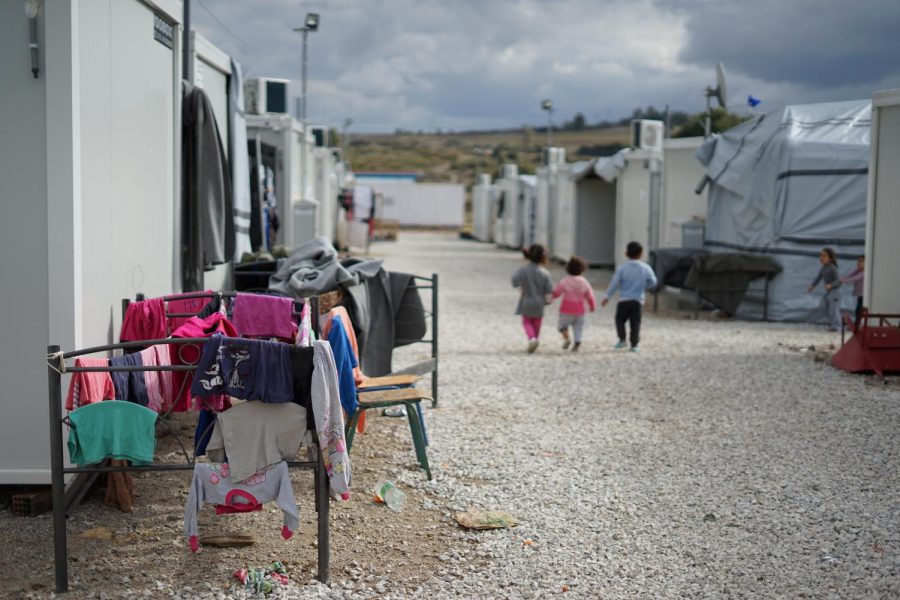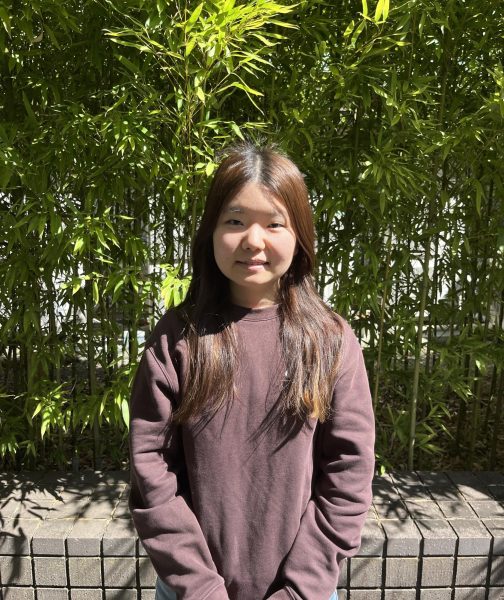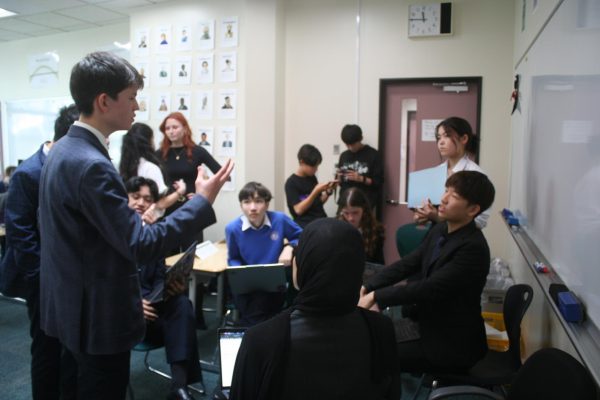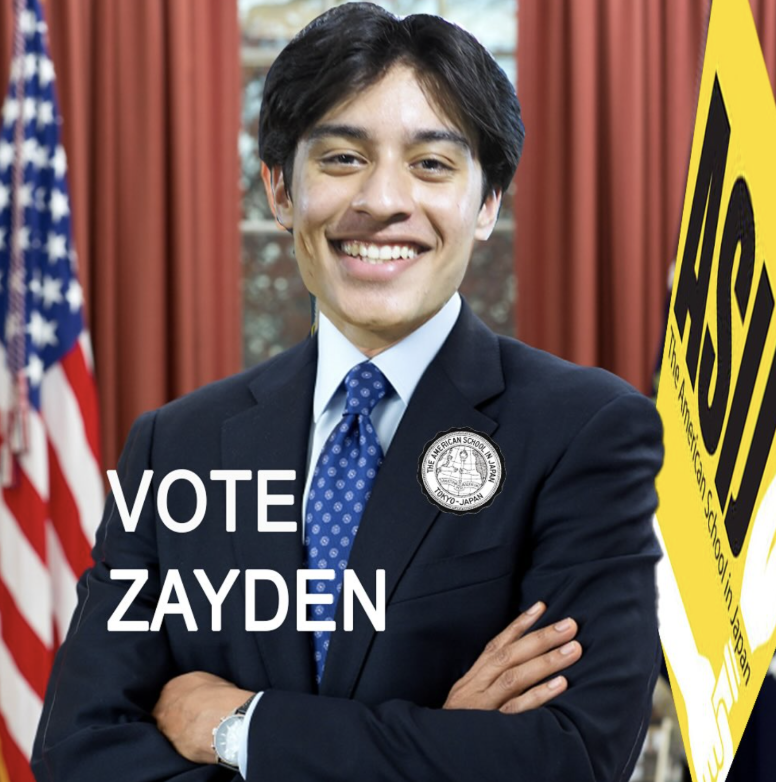Mending Bangladesh’s Refugee Crisis
February 16, 2022
This is Part Two of a Hanabi series that profiles high schoolers across the globe. Created to foster cross-cultural dialogue and understanding among high school students, the series aims to give readers a glimpse into unique passions and initiatives across the globe.
Thirty-four cramped encampments. Tendrils of fire threatening to burn down a fragile commune. The thrumming of heat, hopelessness, and despair vibrating within the walls.
Fires are a constant in Bangladesh’s Kutupalong Refugee Camp in Ukhia, which currently hosts over one million Rohingya Muslims, displaced and homeless. As a result of slow government action and failure to stop religious and ethnic persecution, fear and uncertainty — further exacerbated by the COVID-19 pandemic — are omnipresent in Kutupalong.
Nearly 8,000 miles away sits Apsora Haque, a high school senior in Pennsylvania, organizing social media campaigns and speaker events, and producing original songs, all in an effort to alleviate the devastating horrors of Bangladesh’s decades-long refugee crisis. A Bangladesh native, Haque is the founder of Crossing the Ocean, an international organization working to advocate and inform young people about her country’s refugee crisis.
“Our mission is to protect and aid refugees through their journeys. To do this, we want to first inform people about who refugees are and the struggles they are facing. For example, in the United States, there is a misconception that the process of admitting refugees into the country is not secure and terrorists can easily enter the country this way, causing many people to be opposed to helping refugees,” Haque tells me, explaining the wide-reaching effects of a cultural stigma that was exacerbated by the atrocities of 9/11, and more recently, the Biden administration’s massive spending on housing migrant children at the US-Mexico border.
Haque expands on the struggles that immigrants regularly face, starting at the long process of second language acquisition. “One of the biggest struggles refugees face in any country is learning the language. I believe that if the natives of those countries made a small effort, this is an issue that could be easily solved. To help refugees, we have to first learn the facts and how refugees are struggling to survive.”
These underlying issues were what prompted Haque to take action towards alleviating the refugee crisis in her home country of Bangladesh. A 100% youth-led organization, Crossing the Ocean seeks to portray the refugee crisis in a different light through producing original songs and conducting interviews with refugees that have fled the terrors of their home country. These unorthodox ways of raising awareness, Haque notes, are what differentiates her organization from a sea of other NPOs.
At the core of Haque’s organization is a mission to foster understanding between the general public and Rohingya refugees. She tells me, “Unlike issues such as global warming or poverty, I feel like so few people know what’s happening with refugees around the globe. If they knew the facts, I think the public would want to help more than they do now, resulting in refugees being treated more fairly.”




















